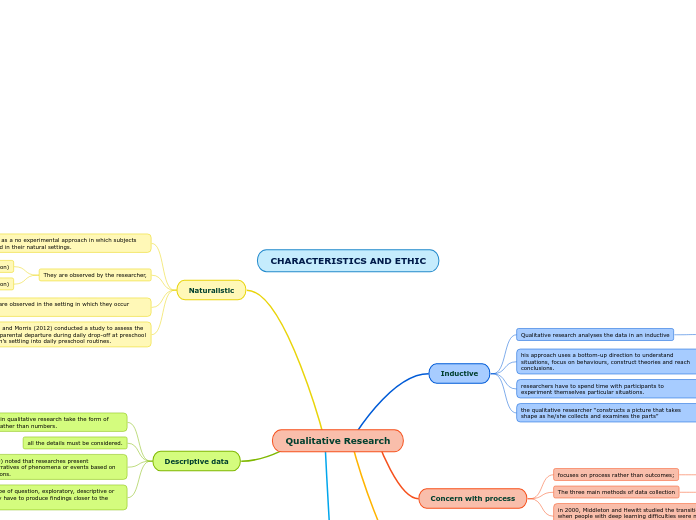jonka JOSELYN CRISTINA MU�OZ ALBUJA 5 vuotta sitten
294
CHARACTERISTICS AND ETHIC

jonka JOSELYN CRISTINA MU�OZ ALBUJA 5 vuotta sitten
294

Lisää tämän kaltaisia